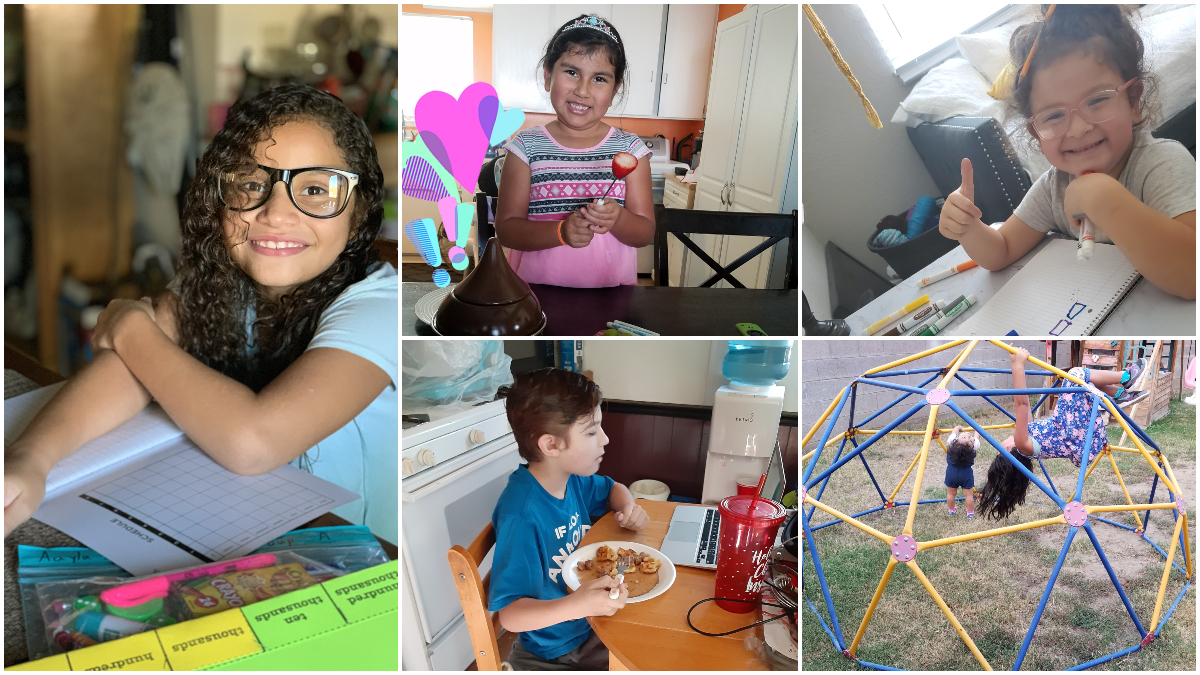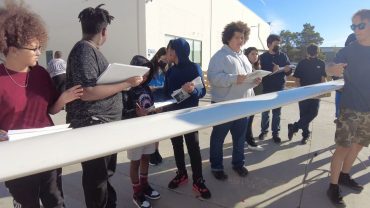iLEAD Lancaster Culture: Components of Social-Emotional Learning — Grit

Editor’s note: This is one in an occasional series of articles exploring the pillars and core principles of the iLEAD approach to education.
What does it take to really succeed? Some might call it drive or determination. At iLEAD Lancaster, we like to call it grit, and it is a crucial component of social-emotional learning.
We define grit as “having courage and resolve, and strength of character.” Someone with grit works hard and passionately, sets goals, and follows through. Why is grit important? Because to truly accomplish goals and thrive, we need the ability to persevere. Without grit, talent may be nothing more than unmet potential. That is why we believe it is so valuable to instill an understanding of grit early on in kids.
But how does one assess “grittiness”? A simple way is to see if you identify with some of these statements:
- I enjoy projects that take time to complete.
- I am working toward a long-term goal.
- What I do each day is connected to my deepest personal values.
- There is at least one subject or activity I never get bored thinking about.
- Setbacks don’t discourage me for long.
- I am a hard worker.
- I finish whatever I begin.
- I never stop working to improve.
Our approach to SEL has been deeply influenced by Angela Lee Duckworth, who has done extensive research in the area of grit. She suggests that one way to think about grit is to consider what it isn’t.
Grit isn’t talent. Grit isn’t luck. Grit isn’t how intensely, for the moment, you want something.
Instead, grit is about having a goal you care about so much that it organizes and gives meaning to almost everything you do. Further, grit means holding fast to that goal, no matter what.
There are many practical ways to foster grit in learners:
- Help them see how their efforts can contribute to the well-being of others.
- Nurture a growth mindset; a belief that the ability to learn is not fixed.
- Ask them to set their own long-term goals.
- Focus discussions on effort, tenacity, and learning from failures.
We believe as part of a curriculum that’s rich in project-based and social-emotional learning, when kids learn to model grit in their academic pursuits, their mindset will positively affect every area of their lives.
Watch This: The Power of Passion and Perseverance
RECENT POSTS

iLEAD Lancaster Glider on Campus
On October 22, 2022, the iLEAD Lancaster community was visited by a full-scale glider, an aircraft that flies without an engine! Part of the 8th grade Soaring Aeronautics Project involves… Read more

iLEAD’s Reports of Progress: What They Are and Why They Matter
At iLEAD Lancaster, we issue a Report of Progress (ROP) for each child. An ROP might be compared to a traditional report card. However, instead of recording letter grades, we… Read more

Celebrate our 10th Anniversary with us!
We are happy to celebrate our 10th anniversary with these Limited-Edition tees! Specially designed with our new iLEAD Dragon logo! You can purchase them in the front office, Get them… Read more


